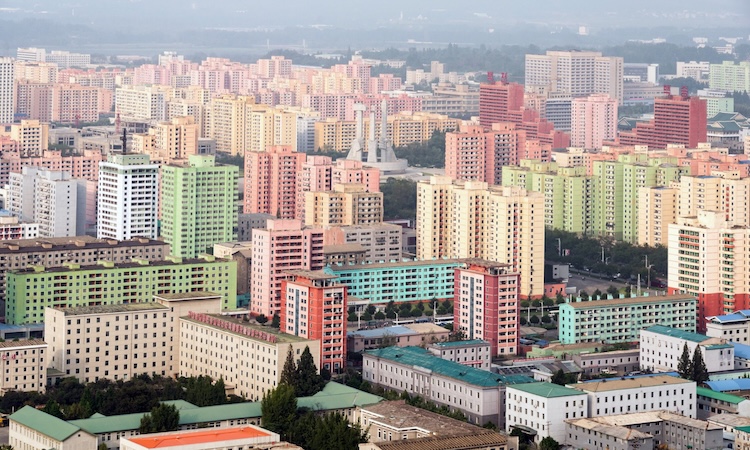This article is reproduced from the Class Consciousness Project, with thanks.
*****
Wilko, the chain of hardware and household stores that was founded in 1930, now stands on the brink of collapse, having entered administration on 10 August 2023 and failed to find a buyer in the weeks since.
The chain owns 400 stores and employs 12,500 workers across the country, most of whom look likely to be made redundant over the next few weeks. In addition to this, Wilko’s defined benefit pension scheme, which was closed to new entrants in 2013, is carrying a £50m deficit and is being currently assessed by the government’s Pension Protection Fund. For everyone currently in the employ of Wilko’s, this is a very worrying time.
Like many high street names, Wilko has been struggling for some time. Woolworths, which went bust 14 years ago, left a huge gap in the high street, which Wilko filled. It sold the kinds of products that Woolworths used to sell and it had a high street presence which, while not as prominent as Woolworths, was sizeable enough for the chain to mop up much of their former custom.
However, in the years since Woolworths went bankrupt, Wilko has suffered as high streets and town centres across the country have been in inexorable decline. On top of this, high street stores were disproportionately affected by government-imposed restrictions in response to Covid-19.
Wilko’s custom was mainly attracted by local footfall, so that with shops closed and travel restricted during lockdown, the chain was hit hard. Just last year, the company closed 15 of its stores and made 1,600 staff redundant. Throughout Covid, Wilko was essentially propped up by government schemes introduced to support businesses. When those schemes were wound down, Wilko was left exposed.
Wilko is also a chain whose stores are mainly in high street locations, which are expensive to run, both in terms of rent and rates. As a result, it makes less money per square foot of floorspace than stores based in out-of-town retail parks. For instance, Marks & Spencer has spent the last three years closing down its high street locations and either opening new, larger out-of-town stores or coverting its food and clothes stores into food halls.
Two of Wilko’s main rivals, B&M and Home Bargains, were quick to seize upon the opportunities offered by the continuing development of vast out-of-town retail parks and made sure that they had stores on them. Wilko failed to react to the changing high street landscape, remained in town centres and suffered as result.
Besides this, the company has suffered from the same credit issues as beset Woolworths in its last few months before liquidation – Wilko’s loss of credit insurance meant that the company would either have to pay cash for new stock or leave its shelves empty.
Wilko hasn’t been helped by its owners, either. The Wilkinson family, who founded and still control the business, have taken dividends totalling £3m in the last year, despite the company struggling and falling almost £40m into the red. In the last ten years, Wilko paid out £77m in dividends to its owners and other shareholders.
The owners have also presided over a period of instability in the boardroom, losing their managing director, chief financial officer and chief executive within the space of five years, and abandoning the chain’s former business model of ‘pile high, sell cheap’.
The collapse of Wilko is yet another body blow to high streets and town centres across the country, which have already been in deep decline for years. Since Woolworths collapsed in 2009, its fate has been shared by other major retailers like BHS, Debenhams, House of Fraser, Maplin, Dorothy Perkins and M&Co. Their departure from Britain’s high streets has left huge, empty premises that no one can afford to fill.
Capitalism has no answers to this problem. The quest for profit has pushed the production of goods to far-flung corners of the globe, while the stores that these goods are sold in have abandoned town centres and high streets for out-of-town locations and the internet.
With town centres becoming increasingly desolate, local authorities have little ability to prevent or reverse this hollowing out. While there is much debate around repurposing empty high street buildings for housing or other uses, councils have limited powers to act.
For the workers at Wilko, things are arguably even more dire. Those with long service will be concerned that their pension fund is carrying a £50m deficit and they will receive meagre redundancy payments when the inevitable collapse of the chain is confirmed.
As always with capitalism, it is those who create the wealth that are too often hapless victims when businesses fail, while the private owners of the means of production ride off into the sunset with their pockets bulging and their fortunes intact.











